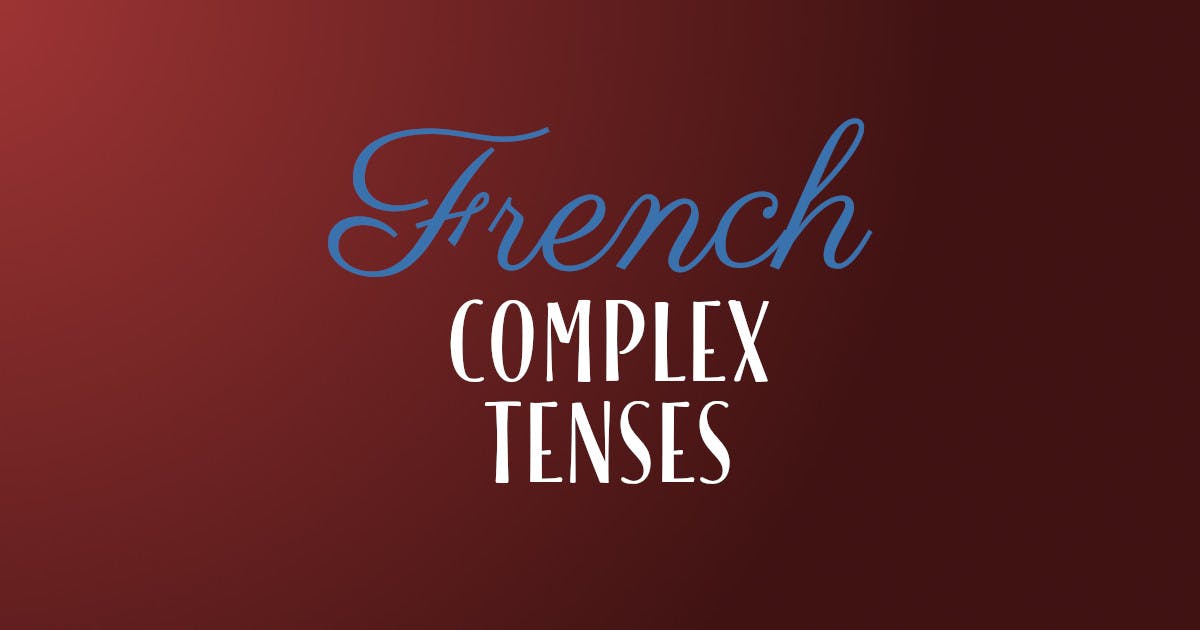Advanced French Verb Tenses Every Learner Should Know
Temps composés
Passé Composé
This French tense expresses a completed action in the past. The reference frame in the past is not always specific, as in: J’ai mangé du pain / I have eaten bread. We don’t know when the action occurred, but we know that it has been completed. In the French language, this is the main past tense.
Passé Antérieur
This French tense expresses an action occuring in the past before another action, but only used when the tense expressing the other action is the passé simple (Sitôt que j’eus traversé la rivière, je fus attaqué / As soon as I had crossed the river, I was attacked).
Plus que Parfait
In a sentence, this French verb tense expresses a process occuring in the past before another process/action also in the past. (J’avais fini de manger mon dessert quand mon père rentra du travail / I had finished eating my dessert when my father came back from work).
Futur Antérieur
This French verb tense expresses:
– an action that will happen and be completed with certainty in the future (À la fin de l’année, j’aurai fini mes études / At the end of the year, I will have finished my studies).
– an action in the future that precedes another action also occuring in the future (Quand j’aurai lu le livre, je pourrai le résumer / When I will have read the book, I will be able to summarize it).

SUBSCRIBE: